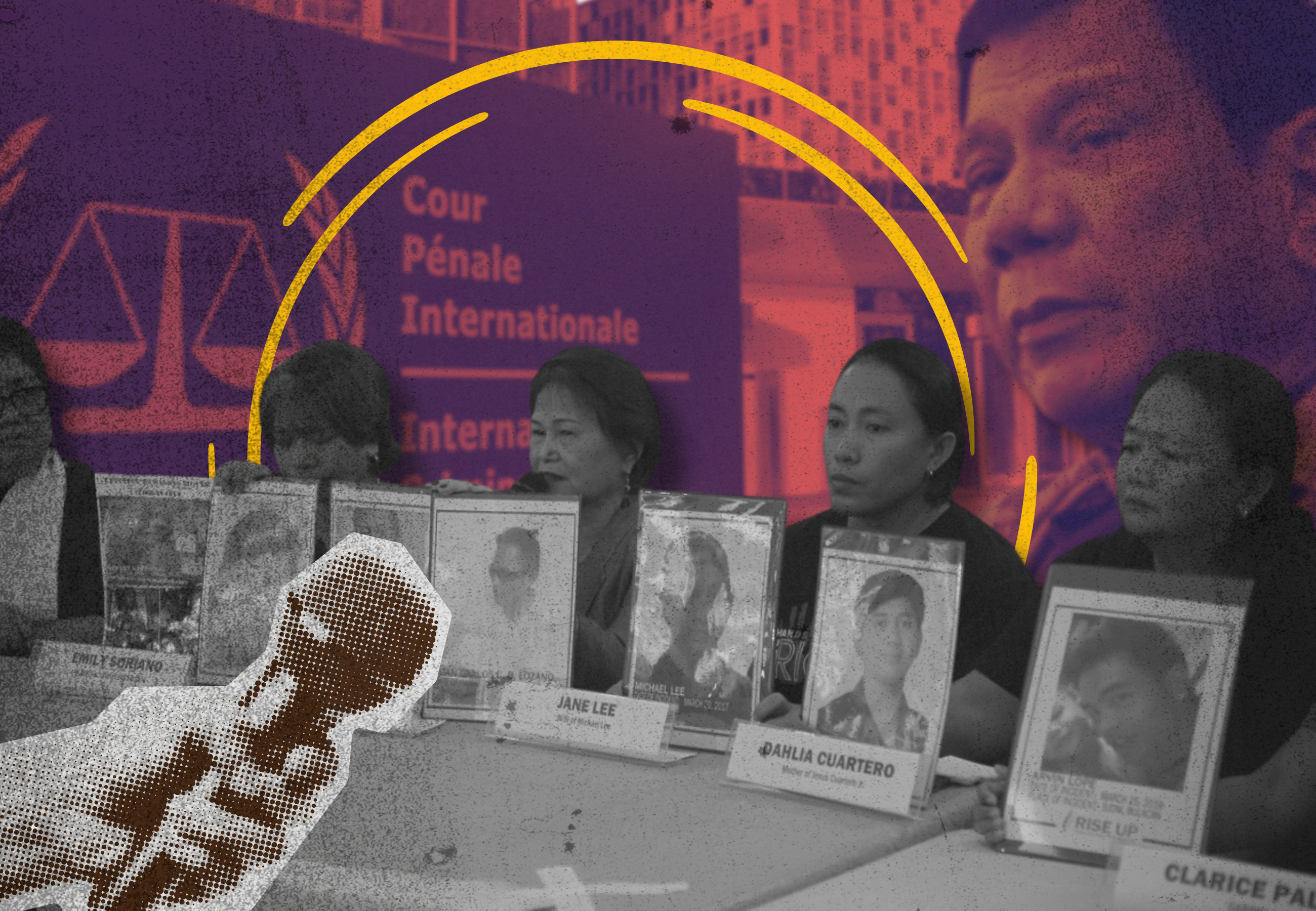Duterte in the ICC: Much more than a legal case

CHEERS TO Rappler and Bulatlat for doing more than just cite statements of official sources in their coverage of the case of former president Rodrigo Duterte in the International Criminal Court (ICC).
The two news organizations have been consistent in providing background information on the case, including accounts of families of the victims of the war on drugs.
Earlier this year, the Pre-Trial Chamber (PTC) I of the ICC assessed submissions by the prosecution and found reasonable grounds for holding Duterte responsible as an indirect co-perpetrator for the crime against humanity of murder. He was arrested on an ICC warrant on March 11 and flown to The Hague, The Netherlands where he remains detained.
The hearing to confirm the charges against Duterte, originally from September 23 to 26, was postponed so the court could evaluate the defense’s claim of Duterte’s unfitness for trial. No new schedule has been announced. But there has been no decision either on the issue of Duterte’s health or state of mind.
News coverage relied mostly on the statements of Duterte’s counsel, Duterte’s family and the Philippine government, which mostly distanced itself from the ICC’s announcement.
In contrast, Rappler and Bulatlat, from September 10 to 30, included more background information in their reports.
Duterte’s fitness for trial
As the concept of “fit for trial” is inherently a legal term, more background and reference should have provided discussion of the term. Without explanation, the lay public makes its judgment without the required understanding of the term.
Philippine media on September 11 reported that Nicholas Kaufman, Duterte’s lawyer, filed a 13-page document detailing the impairment of Duterte’s cognitive capacity, which rendered him unfit for trial. Kaufman said this was based on the findings of the defense-appointed neuropsychologist.
In reporting the claim of Duterte’s state of health, Rappler recalled the case of Dominic Ongwen, leader of the Ugandan Lord’s Resistance Army, whose defense team claimed the defendant’s impaired mental capacity to avoid trial. Rappler cited ICC’s analysis of the issue: “The question of whether an accused is unfit to stand trial does not concern, in and of itself, whether he or she has particular medical conditions, but whether the accused is able to exercise effectively his fair trial rights in the proceedings against him irrespective of the existence of any such medical condition.”
The ICC decided that while Ongwen suffered from various illnesses, he was “oriented in time, oriented vis-a-vis his environment and himself.”
Struggle of surviving families
Reports of Rappler and Bulatlat connected with the families of victims and their desire to attend the trial, describing their readiness to travel to The Hague for the hearings, and their belief in the ICC as the only chance for justice and accountability.
Rappler described the amount of work involved in their continued efforts to press for prosecution and in registering those who will stand as witnesses, as well as their expressed discouragement when harassed by groups of Duterte supporters.
Bulatlat reported the observation of the network Rise up for Life and for Rights on the political success of the Duterte family, including the former president’s election as mayor of Davao City this year. The group’s statement said that many families remain afraid of the power and influence of the Dutertes and their allies.
The polarizing effect of the Duterte name continues, proving the popularity of the name. With Rodrigo Duterte’s children poised to gain higher political positions, the media should keep track of the various groups and organizations at play to help the public assess the value of their competing claims.
News organizations should consider reporting on these developments, as these constitute political news that can definitely influence elections and people’s choices.
Leave a Reply